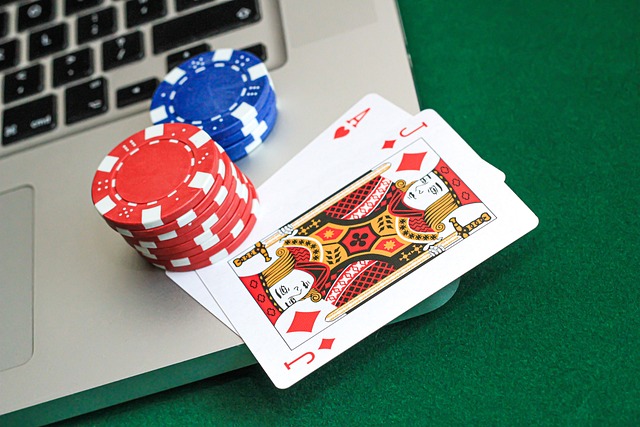The gambling industry has evolved dramatically with the rise of digital platforms and cryptocurrencies. One of the most promising innovations shaping its future is the use of Decentralized Autonomous Organizations (DAOs) for governance. DAOs operate through smart contracts and blockchain technology, creating transparent and democratic systems without centralized control. This governance model holds immense potential for the gambling sector, where trust, fairness, and transparency are paramount. As more online casinos and betting platforms explore decentralized frameworks, DAOs may revolutionize how gambling operations are managed. But what exactly is a DAO, and how can it impact the gambling industry’s governance?
What Are DAOs?
A DAO is a decentralized organization governed by smart contracts, operating without a traditional hierarchical structure. Decisions are made collectively by token holders who vote on proposals, creating a democratic system that eliminates centralized control. In gambling, DAOs can oversee game rules, payouts, dispute resolutions, and operational policies. This decentralized approach ensures that decisions reflect the collective interests of the community rather than the agendas of a few individuals or corporations. Additionally, blockchain records every decision, ensuring transparency and accountability. This model has the potential to build greater trust between gambling platforms and players, who often express concerns about fairness and integrity.
Enhancing Transparency and Fairness

Trust is a critical factor in gambling, and DAOs can significantly enhance it. By recording governance decisions and operational policies on an immutable blockchain, DAOs provide players with unprecedented transparency. For instance, players can view how payout structures are determined or how disputes are resolved. Smart contracts ensure that games are provably fair, with predefined rules that cannot be altered arbitrarily by operators. Moreover, DAOs can automate compliance with regulatory requirements, reducing the risk of fraud or manipulation. This shift from opaque decision-making to open governance can restore confidence in the industry and attract more players seeking fairness and accountability.
Community-Driven Decision Making
A significant advantage of DAOs in gambling governance is community involvement. Token holders, including players and other stakeholders, can propose and vote on key decisions such as changes in game mechanics, revenue distribution, or the introduction of new features. This participatory approach fosters a sense of ownership and trust, aligning the interests of the platform with those of its users. It also enables rapid adaptation to market trends and player preferences, as decisions are made collectively rather than dictated by a central authority. Community governance helps ensure that gambling platforms remain dynamic, fair, and responsive to their users’ needs.
Challenges and Regulatory Considerations

While the potential benefits of DAOs in gambling governance are substantial, challenges remain. Regulatory compliance is a major hurdle, as many jurisdictions have stringent laws governing gambling activities. The decentralized nature of DAOs may clash with existing regulations, particularly regarding accountability and liability. Additionally, ensuring that all participants have a clear understanding of voting processes and proposal evaluations is essential to prevent manipulation or low participation rates. Security is another concern, as vulnerabilities in smart contracts can lead to exploits or system failures. To fully realize the benefits of DAOs in gambling governance, platforms must address these challenges through robust security measures and proactive regulatory engagement.
The Future of Gambling Governance
As blockchain technology and DAOs continue to evolve, their role in gambling governance will likely expand. Early adopters in the industry are already experimenting with DAO-driven platforms that offer transparent, fair, and community-led experiences. These innovations may reshape player expectations, forcing traditional operators to adopt similar models or risk losing trust. DAOs provide a blueprint for a more democratic and equitable gambling industry where players have a say in the platform’s direction. By embracing decentralized governance, the gambling sector can address long-standing issues of trust and fairness while paving the way for innovative and sustainable growth.
